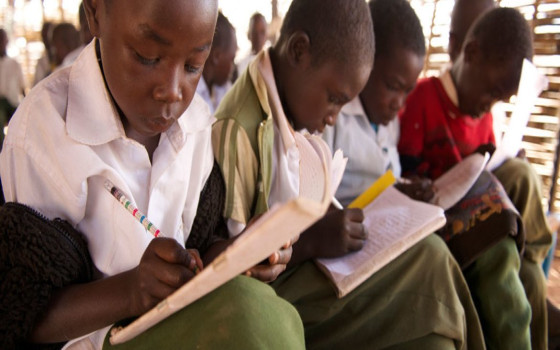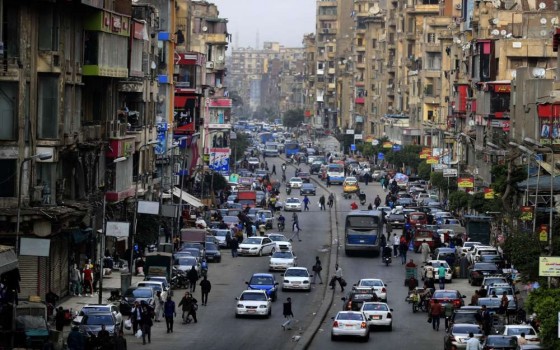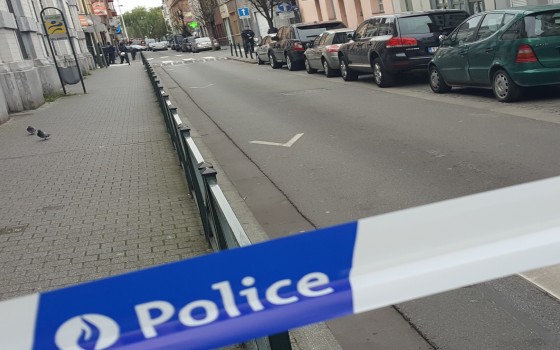
UN and partners call for increased education response resources in Egypt and the region to cope with increasing refugee numbers

- Europe and Arabs
- Friday , 23 August 2024 9:50 AM GMT
Cairo: Europe and the Arabs
With the number of refugees registered with the United Nations High Commissioner for Refugees (UNHCR) in Egypt reaching three-quarters of a million, many of them newly arrived fleeing conflict in Sudan, the Education Cannot Wait Fund, UNHCR and UNICEF have called for urgent increased international support for children forced to flee armed conflict, both inside Sudan and in neighbouring countries.
Following a high-level UN visit to Egypt this week, a joint press release issued by the three agencies said that as needs grow exponentially, the resources available to the Egyptian government, UN agencies and other strategic partners to provide safe learning spaces that protect refugee and host community children are dwindling.
The 2024 Sudan Regional Refugee Response Plan calls for $109 million to respond to the education needs of refugees across the region. So far, only 20% of this amount has been provided, including $4.3 million – or 40% of what is required for Egypt.
The statement said that the Egyptian government has taken significant steps to provide education services to refugees, and with 9,000 children arriving every month, about 54% of newly arrived children are currently out of school, according to a recent assessment conducted by UNICEF and the World Bank.
Yasmine Sherif, Executive Director of Education Cannot Wait, the United Nations’ global fund for education in emergencies and protracted crises, said: “Families displaced by conflict in Sudan have experienced the most violent forms of violence and seen their lives shattered. For girls and boys forced to flee internal armed conflict, education is a lifeline. It provides protection and a sense of stability amidst the chaos, and gives them the resources they need to recover and thrive again.”
In the spirit of shared responsibility enshrined in the Global Compact on Refugees, Sherif called on international donors to step up their support. She said there is an urgent need to provide additional resources to ensure that refugee children and children from host communities in Egypt and other countries hosting refugees in the region can go to school and continue learning. Dr. Hanan Hamdan, UNHCR Representative to the Government of Egypt and the League of Arab States, stressed that forcibly displaced children must not be deprived of their basic right to continue their education. “Fleeing conflict should not be an obstacle to their rights,” she said.
She stressed that UNHCR is working with its partners to ensure that children’s education, and thus their future, is protected. “To this end, it is important to continue supporting Egypt as a host country. It has shown remarkable flexibility and generosity, but the growing number of displaced people requires enhanced international assistance,” she added.
“UNICEF is steadfast in its commitment to ensuring that Sudanese children affected by conflict have the opportunity to resume their education,” said Jeremy Hopkins, UNICEF Representative in Egypt. In Egypt, through innovative learning spaces and the inclusive inclusion programme, UNICEF, under the leadership of the Government of Egypt and in collaboration with sister UN agencies and development partners, is working hard to create inclusive learning environments and strengthen resilient education systems and services.” He noted that this not only benefits displaced Sudanese children, but also supports host communities by ensuring that all children have access to quality education. UNICEF called on the international community to stand in solidarity with displaced Sudanese children whose education is at risk, and to provide the necessary resources and support to strengthen national systems that ensure that Egyptian and non-Egyptian children can fulfil their right to education.












No Comments Found